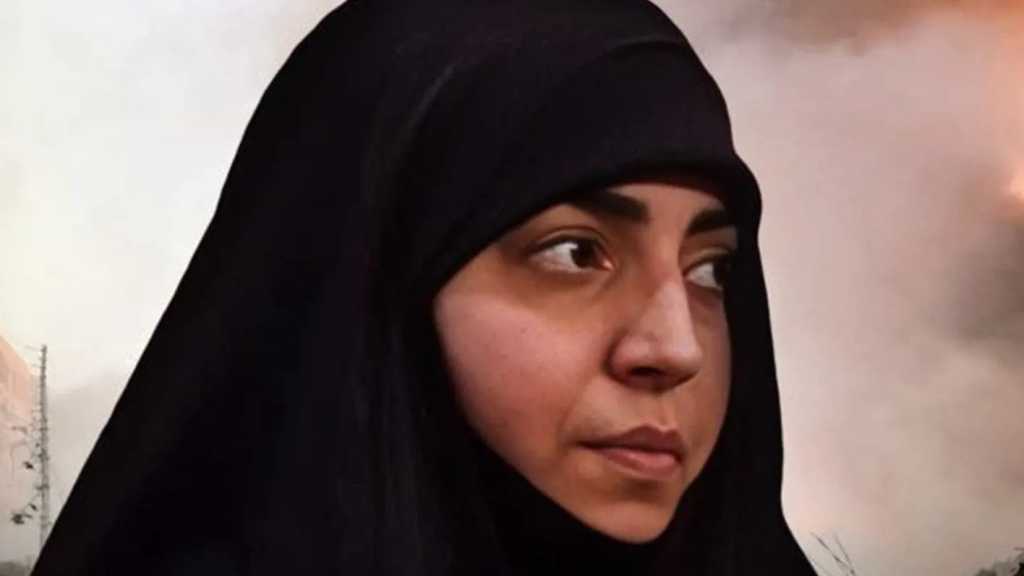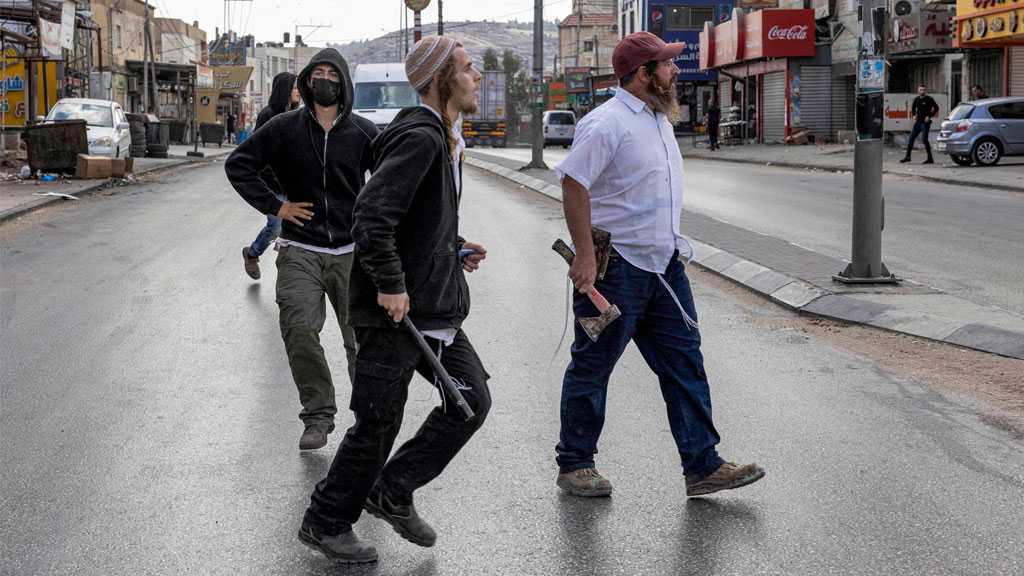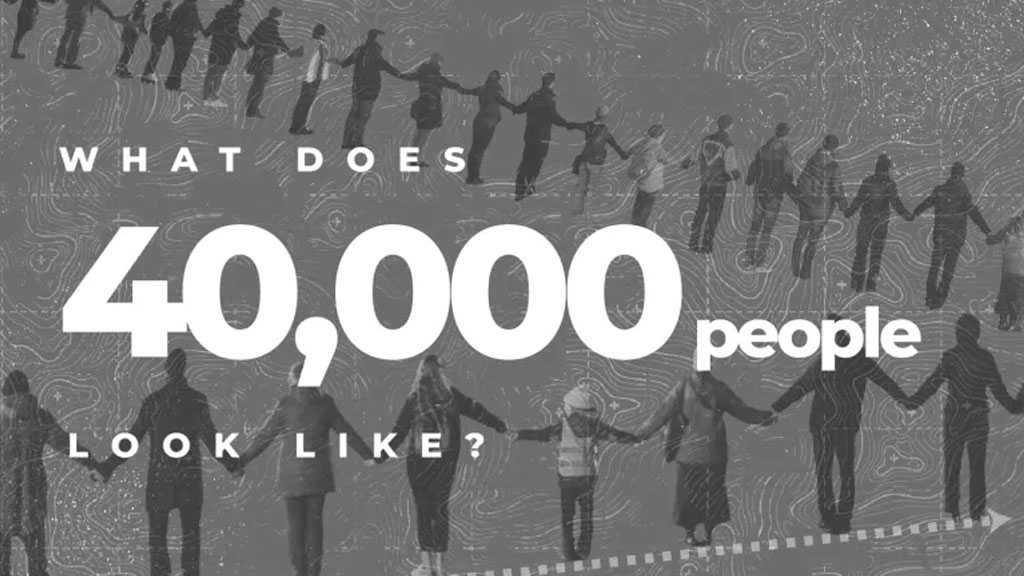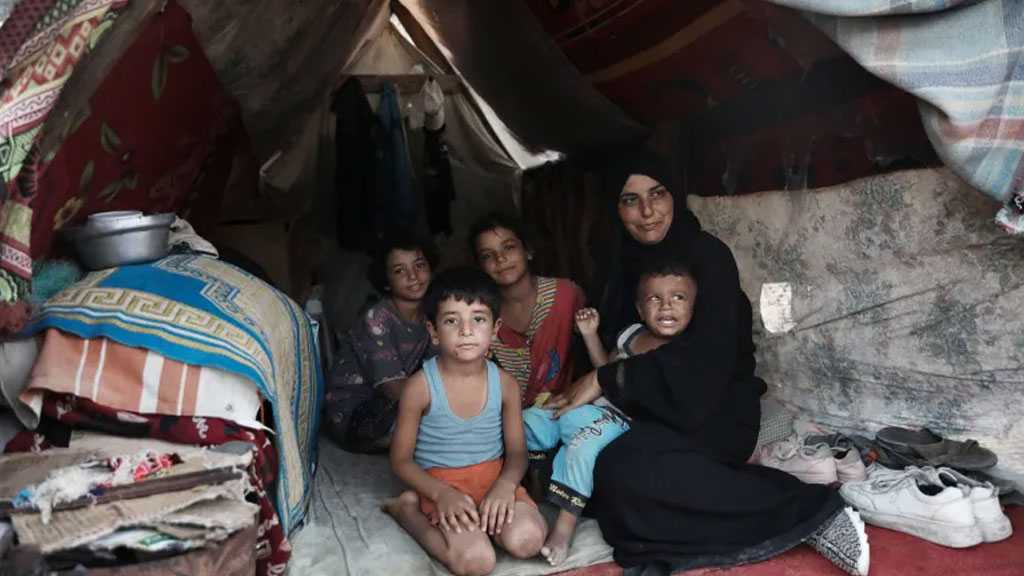
“A Chilling Effect”: Muslim Charities Fall Prey to Canada’s Double Standards
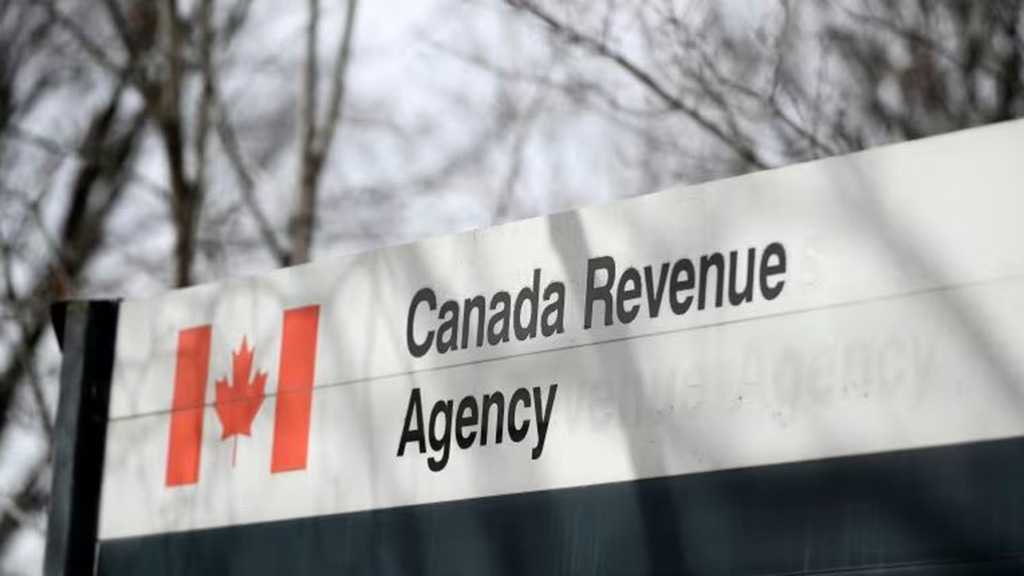
By Umar A. Farooq, MEE
In March 2017, ISNA Islamic Services of Canada, a Muslim charity that operated in Ontario, was sent a notice that its charitable status was being revoked and that in 30 days it would be shut down without any other recourse.
The Notice of Intention to Revoke [NITR] was the result of a years-long audit, in which the Canada Revenue Agency [CRA] said the organization failed to meet the necessary requirements to be constituted for charitable purposes, including failing to devote resources to charitable activities and maintain adequate books and records. The CRA also accused the organization of possibly funding a Pakistani “militant” group.
By May of that year, it ceased to be a charity operating in Canada. But while the news coverage at the time largely focused on alleged terror links, experts in the charity sector say charities like this one have been a part of a decades-long clampdown on Muslim charitable organizations, in which they were unfairly targeted due to Islamophobic bias and then given an unequal appeals process.
Middle East Eye looked through the audits of dozens of charities over the last decade, and while most were given ample time and space to object to being shut down, none of the Muslim charities seen by MEE were given the same opportunities to object to and delay the revocation of their charitable status.
The Canadian government’s conduct highlights the discrepancy between how some charities are treated during and after being audited and how the Canadian government treats Muslim charities, researchers, and practitioners in the charity sector have told Middle East Eye.
"This isn't fair because it's not the same way other faith groups or other sectors operate," said Mahmuda Khan, executive director of the charity, Human Concern International, a Muslim charity that was not shut down but was suspended.
"The fear that we have, the extra cautiousness that we have, the levels of due diligence and compliance that we're thinking of doing. [In] having forums and dialogues with others in the sector, I don't see that fear in others."
'Where's the fairness?'
Middle East Eye looked at 63 Notices of Intention to Revoke [NITRs] that were sent to Canadian charities between 2015 and 2019. Of those charities, 38 were allowed the opportunity to object and delay their revocation by submitting a response, while 25 were not given the same chance and would have had to obtain an order from the federal appeals court.
However, MEE also viewed NITRs that were sent during that same period to five Muslim charities, all of which were told that regardless of whether they filed an objection, their charitable status would be revoked unless they received an order from the appeals court.
"It seems unfair. If you're giving this notice of intent, and then basically saying, well we're going to revoke whatever you do anyway, where's the fairness? I mean, there should be some process," said Faisal Kutty, a lawyer and associate professor at Southwestern Law School who has advised dozens of Muslim charities and groups trying to apply for charitable status in Canada.
In 2014, two charities operating under the umbrella of the Jewish organization, B'nai Brith – B'nai B'rith Foundation District No 22 [BBFD] and The League for Human Rights of B'nai B'rith [LHR], received a NITR letter from the CRA stating their intention to revoke the groups' charitable status.
And several years later in 2021, the original two charities were finally shut down.
The CRA told Middle East Eye it could not provide further details on the timeline of the revocation of B'nai B'rith Foundation District No 22 and The League for Human Rights of B'nai B'rith, but said the agency followed "normal administrative procedures".
The CRA also confirmed that charities are allowed to continue operating until their status is officially revoked.
MEE also reached out to B'nai Brith with several questions regarding this, but the organization did not respond.
In a similar scenario, another charity, the Ark Angel fund, was sent a NITR in 2015 and was told it would be shut down in 90 days unless it received an objection from the charity. It was not fully revoked of its charitable status until February 2021.
Kutty told MEE that even though Muslim charities are given some type of option to oppose being shut down, the actual reality of fighting back is incredibly difficult.
"The theory is you can oppose these things, you can fight these things. But the practical reality is that once this is out, people are not going to even give you money to do a legal challenge to fight it," Kutty told MEE.
"The challenge is not like you just stand up and challenge. You're going to end up mounting a legal challenge, a PR challenge. So where do you get money for that now? We've had cases where the funds are frozen."
Feeling 'targeted'
The CRA told MEE that as a "general rule", charities can file an objection to the agency's appeal branch within 90 days of receiving a letter saying they intended to revoke their status.
But charities like the Ottawa Islamic Centre and Assalam Mosque, ISNA Islamic Services of Canada, The Canada Islamic Trust Foundation, the Islamic Shia Assembly, and the Anatolia Cultural Foundation all received letters saying that their statuses would be revoked after 30 days, regardless of whether they objected to it or not.
"The Muslim charities who were faced with audits and revocations were never granted the opportunity to delay the revocation of their status," Tim McSorley, national coordinator of the International Civil Liberties Monitoring Group [ICLMG], told MEE.
"It was kind of a final notice that they received."
Middle East Eye asked the CRA why during the years between 2015 and 2019 there appeared to be an inconsistency in how Muslim charities were treated versus other organizations.
The CRA told MEE it can't discuss specific cases, but added that it has two types of revocations, a 90-day revocation and a 30-day one.
"Consideration is always given to proceeding with a 90-day Notice of intention to revoke, unless an organization has demonstrated egregious non-compliance," the CRA said.
But in the cases where a 30-day notice is given, the CRA will "not hold the revocation in abeyance given the seriousness of the non-compliance", unless it receives an order staying publication of the notice of revocation from the Federal Court of Appeal within 30 days.
Yet in four of the NITRs seen by MEE that were sent to Muslim charities, the option to obtain a court order to prevent revocation was not outlined in the letters.
Even prior to the 2015-2019 period that MEE reviewed, Muslim organizations in Canada have been calling on the government to look into what they say is an unfair targeting of Muslim charities by the government.
The ICLMG reported that from 2008 to 2015, 75 percent of organizations whose charitable status was revoked following audits were Muslim charities.
The CRA said that it does not discriminate against any charities based on their religious affiliation.
"Under no circumstances are registered charities selected for audit by the CRA based on a particular faith or denomination, nor would such factors impact the outcome of an audit," the agency told MEE.
"The CRA assess all concerns about registered charities against a clear regulatory and risk-based framework designed to prevent bias in its decision-making process."
Terrorism allegations
Many audits against Muslim charities were also conducted by a special agency within the CRA called the Review and Analysis Division [RAD], a secretive arm of the CRA that works with national security agencies and is tasked with investigating allegations of terrorist financing in the charity sector.
In the years following the 9/11 attacks, RAD was tasked by the government of former Prime Minister Stephen Harper to root out any type of terror financing among Canadian charities, and experts say it tended to have an acute focus on Muslim charities.
"Essentially what we've seen and what we've documented in pursuit of countering terrorism financing in the charity sector, is that they've exclusively looked at mostly Muslim charities, but exclusively charities within racialized communities," McSorley said.
"That has been guided by internal government policy that there's an inherent risk to terrorist financing in the charitable sector, and they identify that risk as being linked to mostly so-called Islamic terrorist organizations."
The report from ICLMG said the CRA worked with national security agencies to carry out audits that unfairly target Muslim charities, with little accountability.
And despite the revocations, some of which took place during the successive liberal governments led by current Prime Minister Justin Trudeau, the report said that none of the Muslim charitable organizations or associated individuals were ever charged with a terrorist-financing crime, according to ICLMG.
For charities like Human Concern International [HCI] – a Muslim-Canadian relief organization – which did not get their status revoked but received a suspension that it has tried to appeal, the experience of being audited was "intense and intimidating".
"There's one thing where there's open dialogue, friendly dialogue, but it felt very intimidating to the members who were being interviewed," said Khan of HCI, who was not present at the time of the audit but shared the experiences of her colleagues.
"The reason we felt it was not like any other audit and it felt sort of targeted was because we were audited by the Review and Analysis Division."
And when organizations lose their charitable status, donors can no longer claim the funds as a tax deduction, causing a drop in contributions.
"The CRA targeting Muslim charities definitely has a chilling effect on the Canadian Muslim community," Khan said.
"It was very hard to explain from our point of view that this audit in no way means the charity is doing anything wrong."
And on top of that, a recent study conducted by law professors Faisal Kutty and Faisal Bhaba found that the sources of many of the CRA's claims against these charities came from known Islamophobic and far-right experts that perpetuate anti-Muslim sentiment.
In a recent court hearing, in which the Muslim Association of Canada [MAC] is challenging the CRA's targeting of Muslim charities, Kutty noted that the lawyer for MAC laid out the issue well.
"I liked the lawyer for MAC when he concluded, he basically said, the CRA's position is they have 300 some odd sources they rely on, and only 30 of them or 32 of them are discredited or unreliable or problematic," Kutty said.
"Then the lawyer concludes: 'Your Honor, that's like saying that when you're trying to target a Black charity and you say only 10 percent of our materials come from the KKK'."
Who gets audited?
In the past few years, the Trudeau government has made attempts to look into complaints of Islamophobia in the CRA, and in March, the National Security and Intelligence Review Agency [NSIRA], an independent government watchdog, announced its intention to probe the CRA's review and analysis division.
This came after Canada’s Taxpayers’ Ombudsperson was tasked with looking into the issue, but ultimately came up with what he said was an inconclusive report, noting that CRA would not hand over key documents.
The double standards applied to different charities, however, are demonstrative of a larger problem within Canada, according to Anver Emon, director of the University of Toronto's Institute of Islamic Studies and co-author of a report on tax audits on Muslim charities.
"We'd like to think in the Canadian context that we're a very sophisticated government with a very transparent rule of law orientation, but at a certain point, there's still sort of an old boys club element to some of the ways in which it seems to me that we're governed, that's my impression," Emon said.
The CRA has around 40,000 employees and is responsible for overseeing the 80,000 registered charities in Canada worth more than $300bn. However, for the past several years, it has audited less than 300 charities a year.
And while the CRA says it remains independent, Emon says there are questions surrounding how it picks and chooses which charities get audited.
"What happens politically if they're auditing a politically connected charity? We don't know what that's gonna look like," Emon said.
"You may be independent politically, but what happens when the Ministry of National Revenue starts getting calls from big donors around why are you auditing this charity?"
